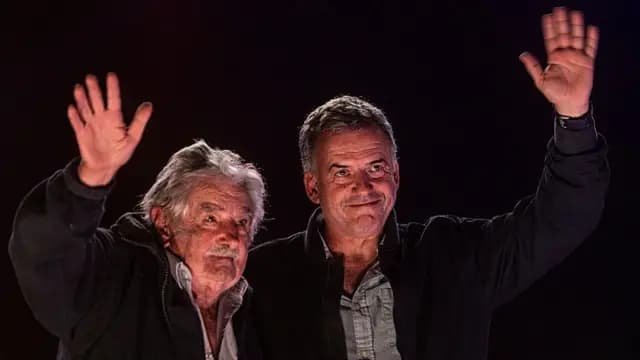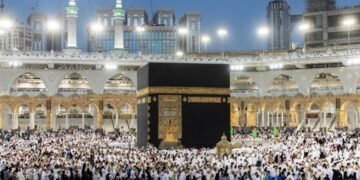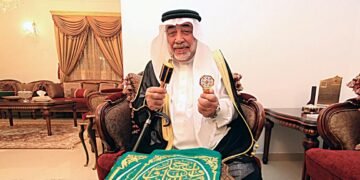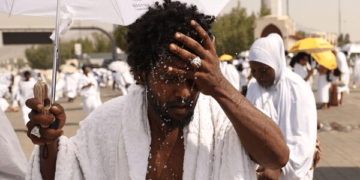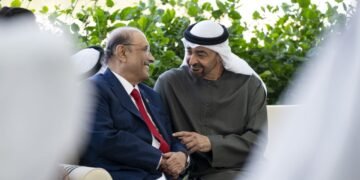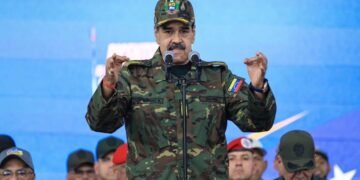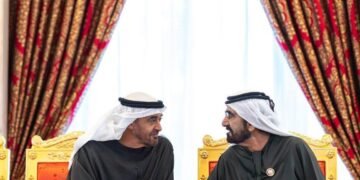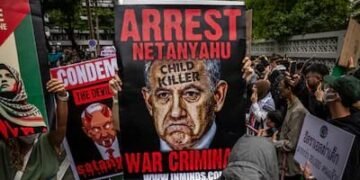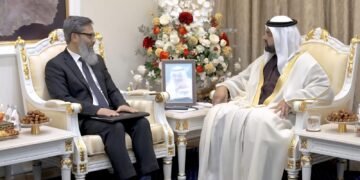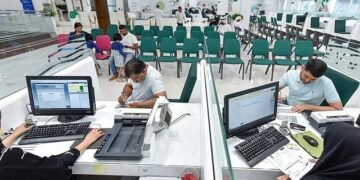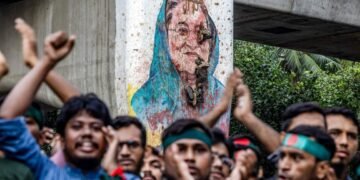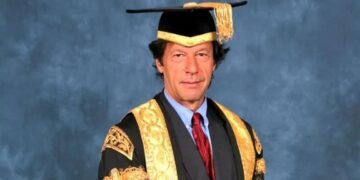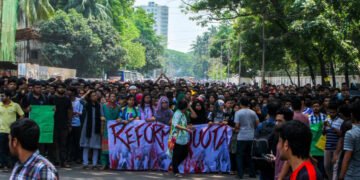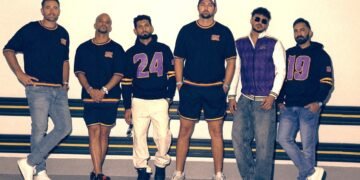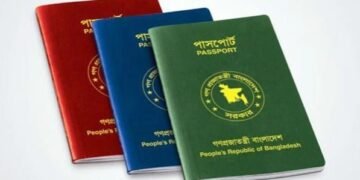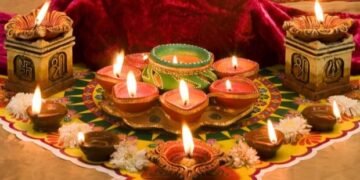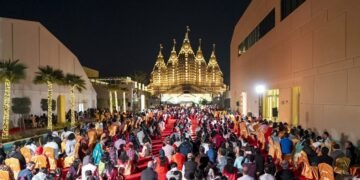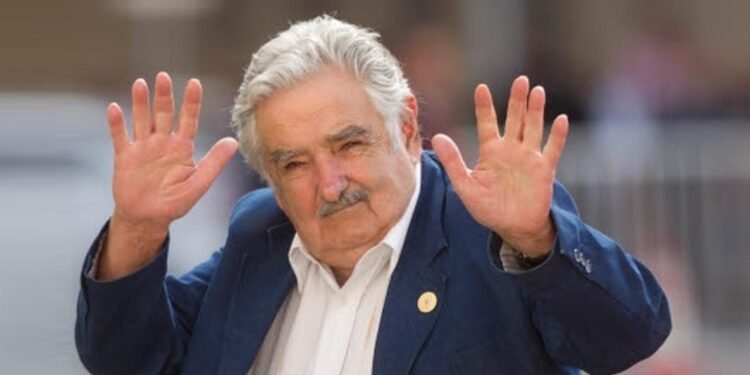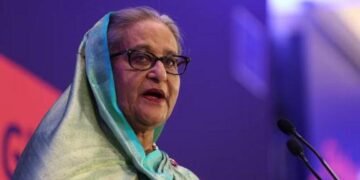Unlike other leaders in the region, he was never accused of corruption or undermining the country’s democracy.
Former Uruguayan President José Mujica, also known as ‘Pepe’, has died at the age of 89.
The former guerrilla fighter who ruled Uruguay from 2010 to 2015 was known as the “poorest president in the world”, a reputation he earned because of his very simple lifestyle.
Uruguay’s current President Yamandu Orsi announced his death on the social media platform X’ (formerly Twitter), writing: “Thank you for everything you gave us and for your deep love for the people”.
The exact cause of death of the late politician is not yet known. However, he had been suffering from esophageal cancer for a long time.
His life or behavior during his presidency was very simple and ordinary. He became widely known for his anti-consumerism attitude and various social reforms.
During his reign, Uruguay became the first country in the world to legalize marijuana. In addition, Uruguay recognized the right to abortion and same-sex marriage.
Mujica became a well-known political figure worldwide beyond Latin America.
Despite being the president of Uruguay, a country with a population of only 3.4 million, he was still popular around the world. Although those who succeeded him in office caused controversy in the country, no one would have thought that he was a politician. However, the reality was completely different.
He used to say that his interest in politics, books, and farming came from his mother, who raised him in a middle-class family in the city of Montevideo.
At a young age, he became a member of Uruguay’s traditional party, the National Party. Which later became the center-right opposition force in his government.
In the 1960s, he helped found the Tupamaros National Liberation Movement (MLTN), a leftist guerrilla organization that engaged in kidnappings, kidnappings, and assassinations. Mujica has always maintained that he never killed anyone.
Influenced by the Cuban Revolution and international socialism, the MLN began a campaign of covert resistance against the Uruguayan government. Although the Uruguayan government was constitutional and democratic at the time, the leftists continued to accuse it of being authoritarian.
During this time, Mujica was captured and imprisoned four times. In 1970, he was shot six times. He survived.
He escaped from prison twice, once through a tunnel with 105 accomplices, one of the largest prison escapes in Uruguayan history.
When the military seized power in Uruguay in 1973, they used Mujica and nine other prisoners as “hostages” to stop guerrilla attacks.
He was imprisoned for over 14 years in the 1970s and 1980s. He was tortured and kept in solitary confinement. He was released when democracy returned to the country in 1985.
He said that he experienced madness in prison. He suffered from hallucinations and even talked to ants.
He said of himself that the day he was released from prison was the happiest day of his life. That day was so happy for him that it was even happier than the day he became president.
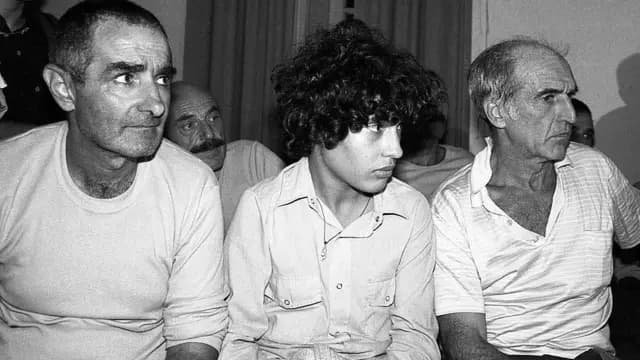
From guerrilla to president
A few years after his liberation, he was elected as a legislator in the lower house, the Chamber of Deputies, and the upper house, the Senate.
In 2005, he became a minister in the government of Uruguay’s leftist coalition ‘Frente Amplio’. He was elected president in 2010.
He was 74 years old when he was elected president. However, he was not very well known to the world.
With his election, he became an important leader in the leftist coalition of Latin America. His reputation was built at that time, similar to that of Brazil’s Lula da Silva and Venezuela’s Hugo Chavez.
However, political analysts say that he has run the country in his own way. In doing so, he has made many bold and pragmatic decisions.
During his reign, Uruguay’s economy grew at an average annual rate of 5.4 percent. The unemployment rate has decreased.
During this time, Mujica attracted attention around the world by passing several social laws in Uruguay. Among them were the legalization of abortion, the recognition of same-sex marriage, and the regulation of the marijuana market.
While president, Mujica lived with his wife, Lucia Topolanski, in a modest house outside the city, rather than in the presidential palace.
His wife, a politician and former guerrilla herself, had no maid or security force.
Mujica dressed very simply. He drove a light blue 1987 Volkswagen and donated most of his salary to charity. For these reasons, along with his simple lifestyle, the media called him “the poorest president in the world”.
He has always denied being called the poor president.
He has said, “They say I’m the poorest president. No, I’m not.” In an interview at his home in 2012, he said, “The poor are those who want more, because they are in an endless race.”
Although Mujica personally pursued austerity policies, his government significantly increased public spending, which led to a growing fiscal deficit. At the time, his opponents accused him of being a profligacy.
However, there were questions about Mujica’s role in education. During his time in Uruguay, he was criticized for not making the promised progress in education.
Unlike other leaders in the region, he was never accused of corruption or undermining the country’s democracy.
At the end of his term, his approval rating was around 70 percent. He was also elected senator. He then spent some time traveling the world.
Before leaving office, he once said, “What is the world so surprised about? I live on little, live in a modest house, drive an old car? So what is the world so crazy about?”
Mujica retired from politics in 2020. However, he remained a central figure in Uruguayan politics.
His political successor, Yamandu Orsi, was elected President of Uruguay in November 2024, and his party Frente Amplio won the largest number of seats in parliament.
Last year, Mujica announced that he had been diagnosed with cancer. He said that death was very close to him.
In his last interview with the BBC in November last year, he said, “Death is inevitable for everyone and maybe it is like salt in life.”
